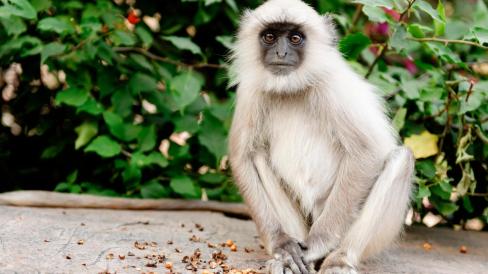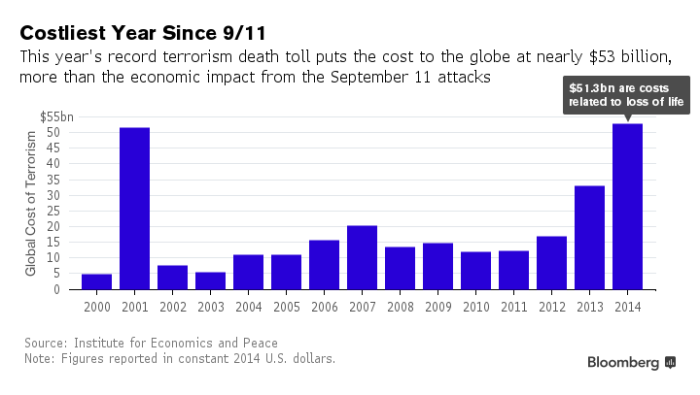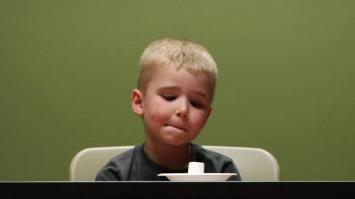
I was reading a Ruskin Bond story which was about his father. Suddenly, I recalled somewhere reading that he has a brother. But, there is rarely any mention of his brother in his stories. So, I got curious about his brother.
I quickly checked on Google. Google showed that he has a brother called William who is settled in Canada, but there was no other information available about him. Then, I searched for William Bond Canada. It showed a LinkedIn search result. So, I went to William Bond’s LinkedIn page but the profile did not look like that of Ruskin Bond’s brother. For one, the person was much younger.
Then, I saw button notifications on my LinkedIn page. After quickly browsing through my notifications, I thought of giving a cursory glance to the home page. On my homepage was an article by a fairly popular young VC. Popularity judged by number of likes, shares and comments off course.
I browsed through the VC’s article about his learnings from chatting up with a startup founder. These founders are the most learned these days espousing pearls of wisdom as they speak. In the article, the founder had shared that how being a founder is uncomfortable because one has to try new ideas each and every day.
Then, I got curious about the founder. So, I clicked on the VC’s podcast link which was at the bottom of his article. I did not listen to the podcast but read the summary. I learned that the founder was a young lady and her name was Payal Sharma. My curiosity still not satisfied, I searched for Payal Sharma on Google. The search took me to her LinkedIn profile. I found on her profile that prior to founding her startup, she had worked in another small company. Now, this company was founded by my ex-colleague Ankur. I had worked with Ankur around 10 years ago. As the surnames of both my ex-colleague and the female founder was same, I had a hunch that they were related to one another.
I further searched for both of them on Google. In one of the article, I found that they were husband and wife. I further read that they were settled in Mumbai and had a kid. Then, I did some further Googling on my ex-colleague to find out that he had turned serial entrepreneur and manages some 3-4 startups.
I remembered the time when we worked together. I wondered how he had managed to achieve so much professionally.
Finally, my thoughts came down to how I had not been able to achieve anything in life and had wasted all those youthful years.
This was another of the usual series of thoughts that I have been having lately. From Ruskin Bond’s calming stories to another bout of self-pity in 20 minutes.


 More than 100 years ago Swami Vivekananda gave this talk in Madurai.
More than 100 years ago Swami Vivekananda gave this talk in Madurai. Recently, I came across this old article by Salman Rushdie probably written in 1984. What struck me about the article was the fearlessness of his criticisms. One might agree or disagree with his views, but no one can deny the fact that he has a view and is not afraid to put it forward.
Recently, I came across this old article by Salman Rushdie probably written in 1984. What struck me about the article was the fearlessness of his criticisms. One might agree or disagree with his views, but no one can deny the fact that he has a view and is not afraid to put it forward. That is David Hume’s toe, one of my favorite philosophers. Came across this nice article on midlife crisis and how researching on Hume helped the writer come out of it. Highly recommended.
That is David Hume’s toe, one of my favorite philosophers. Came across this nice article on midlife crisis and how researching on Hume helped the writer come out of it. Highly recommended.

 Productivity, efficiency and similar buzzwords have been big in companies since the World War II got over. But, mostly these were used to track blue collar workers – workers who would sweat it out on the shop floor. In the last 15-20 years more and more data around every aspect of work has started getting captured. Reading about Amazon, it makes us wonder what the future of work is going to be like for white collar workers.
Productivity, efficiency and similar buzzwords have been big in companies since the World War II got over. But, mostly these were used to track blue collar workers – workers who would sweat it out on the shop floor. In the last 15-20 years more and more data around every aspect of work has started getting captured. Reading about Amazon, it makes us wonder what the future of work is going to be like for white collar workers.